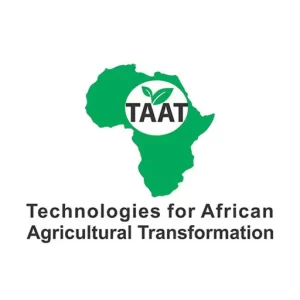Table of Contents
The Head of Technologies for African Agricultural Transformation (TAAT) Clearinghouse, Dr. Solomon Gizaw, revealed that African nations collectively spend approximately $20 billion each year on wheat imports in Nigeria.


He disclosed this during a Train-the-Trainer workshop on wheat seed production in Kano.

Join our Telegram Channel for Updates
Dr. Gizaw highlighted that the ongoing Ukraine-Russia crisis has led to supply disruptions and increased wheat prices in Africa, resulting in substantial financial burdens for the continent.
He emphasized that Nigeria possesses the necessary resources to cultivate wheat domestically, not only to sustain itself but also to supply neighboring nations.
“The fight between Russia and Ukraine impacted the whole of Africa. You can imagine, two countries fighting elsewhere in Europe but the fight has caused a lot of supply disruptions.
This means that as a continent, we don’t have food security as our food security is in the hands of others. African countries around this time annually spend nearly $20 billion to import wheat from other parts of the world.
They import fertilizer from Ukraine and Russia, and as a result, the war between the duo has disrupted the supply of wheat and fertilizer,” said Dr. Gizaw.
He noted that the result of the Russia-Ukraine war has been an increase in wheat prices and supply disruption across African nations.
However, he expressed optimism that Nigeria could achieve self-sufficiency if the current trajectory of wheat production is sustained.
In a previous report, it was noted that Nigeria spent around N970 billion on imports between October 2022 and September 2023.
From January to September 2023, Nigeria’s wheat imports amounted to N783.26 billion, marking an increase of N28.66 billion compared to the corresponding period in 2022.
Wheat flour serves as a primary raw material in producing bread, pasta, noodles, and other essential Nigerian food items.
The prices of these products have surged due to the conflict between Russia and Ukraine, disrupting global supply chains and causing a spike in the commodity’s price on the global market.









